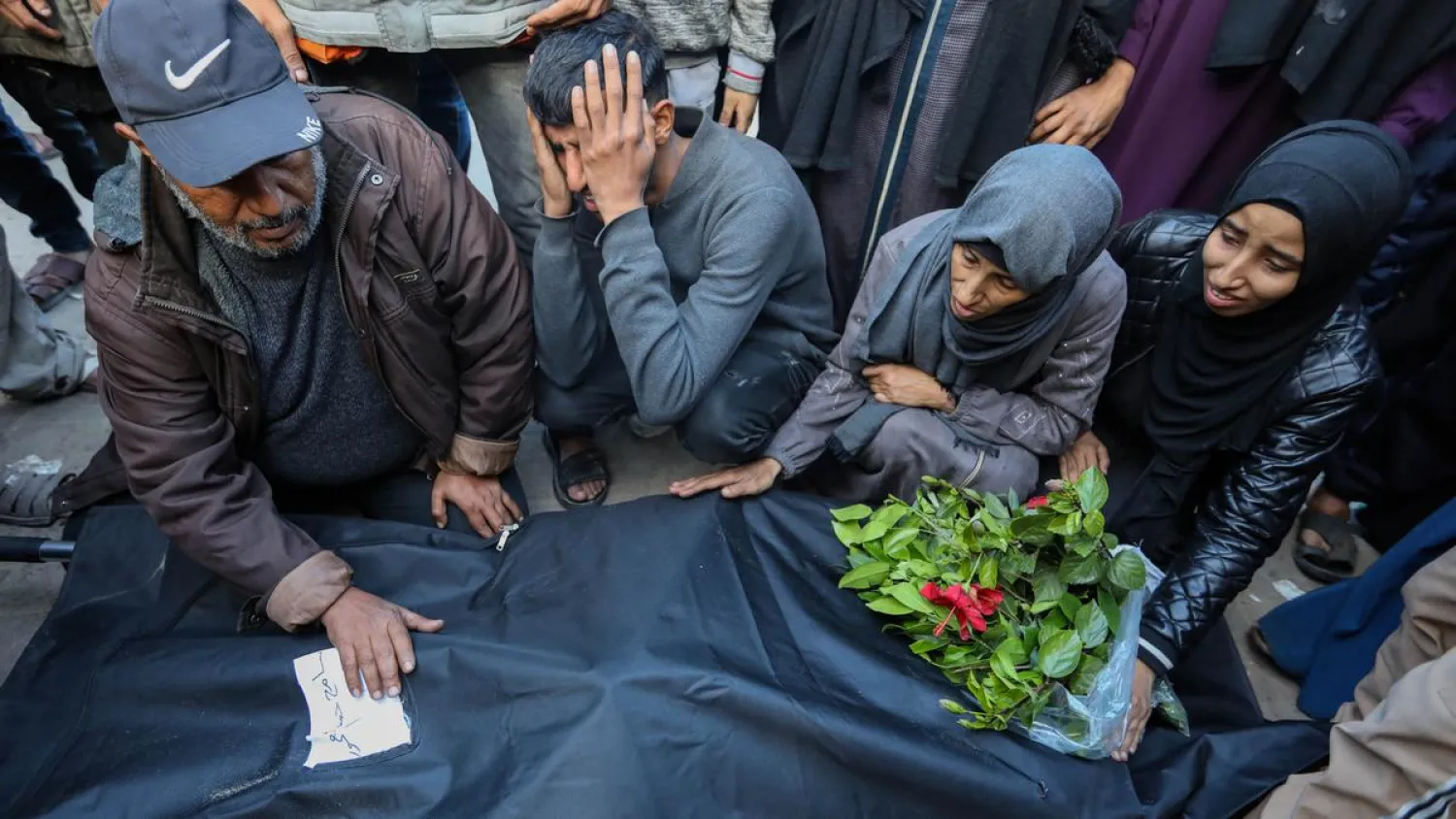Türkiye on Wednesday filed a request with a UN court to join South Africa’s genocide lawsuit against Israel, the foreign minister said.
Türkiye's ambassador to the Netherlands, accompanied by a group of Turkish legislators, submitted a declaration of intervention to the International Court of Justice in The Hague.
Türkiye, one of the fiercest critics of Israel’s actions in Gaza, becomes the latest nation to seek to participate in the case.
“No country in the world is above international law,” Turkish Foreign Ministry spokesman Oncu Keceli said in a post on X. “The case at the International Court of Justice is extremely important in terms of ensuring that the crimes committed by Israel do not go unpunished.”
Turkish President Recep Tayyip Erdogan has accused Israel of genocide, called for it to be punished in international courts and criticized Western nations for backing Israel, The AP reported.
In contrast to Western nations that have designated Hamas as a terrorist organization, Erdogan has commended the group, calling it a liberation movement.
South Africa brought a case to the International Court of Justice late last year, accusing Israel of violating the genocide convention through its military operations in Gaza.
Israel has strongly rejected accusations of genocide and has argued that the war in Gaza is a legitimate defensive action against Hamas militants for their Oct. 7 attack in southern Israel that killed around 1,200 people and in which 250 hostages were taken.
Nicaragua, Colombia, Libya, Mexico, Spain and Palestinian officials have sought to join the case. The court’s decision on their requests is still pending.
If admitted to the case, the countries would be able to make written submissions and speak at public hearings.
Preliminary hearings have already been held in the genocide case against Israel, but the court is expected to take years to reach a final decision.
Keceli, meanwhile, called for the immediate implementations of precautionary measures ordered by the court, including a halt to military offensive and an increase in humanitarian aid to Gaza.
Former allies Türkiye and Israel have experienced a volatile relationship since Erdogan took power in 2003, marked by periods of severe friction and reconciliation. The war in Gaza disrupted the most recent attempts at normalizing ties.









